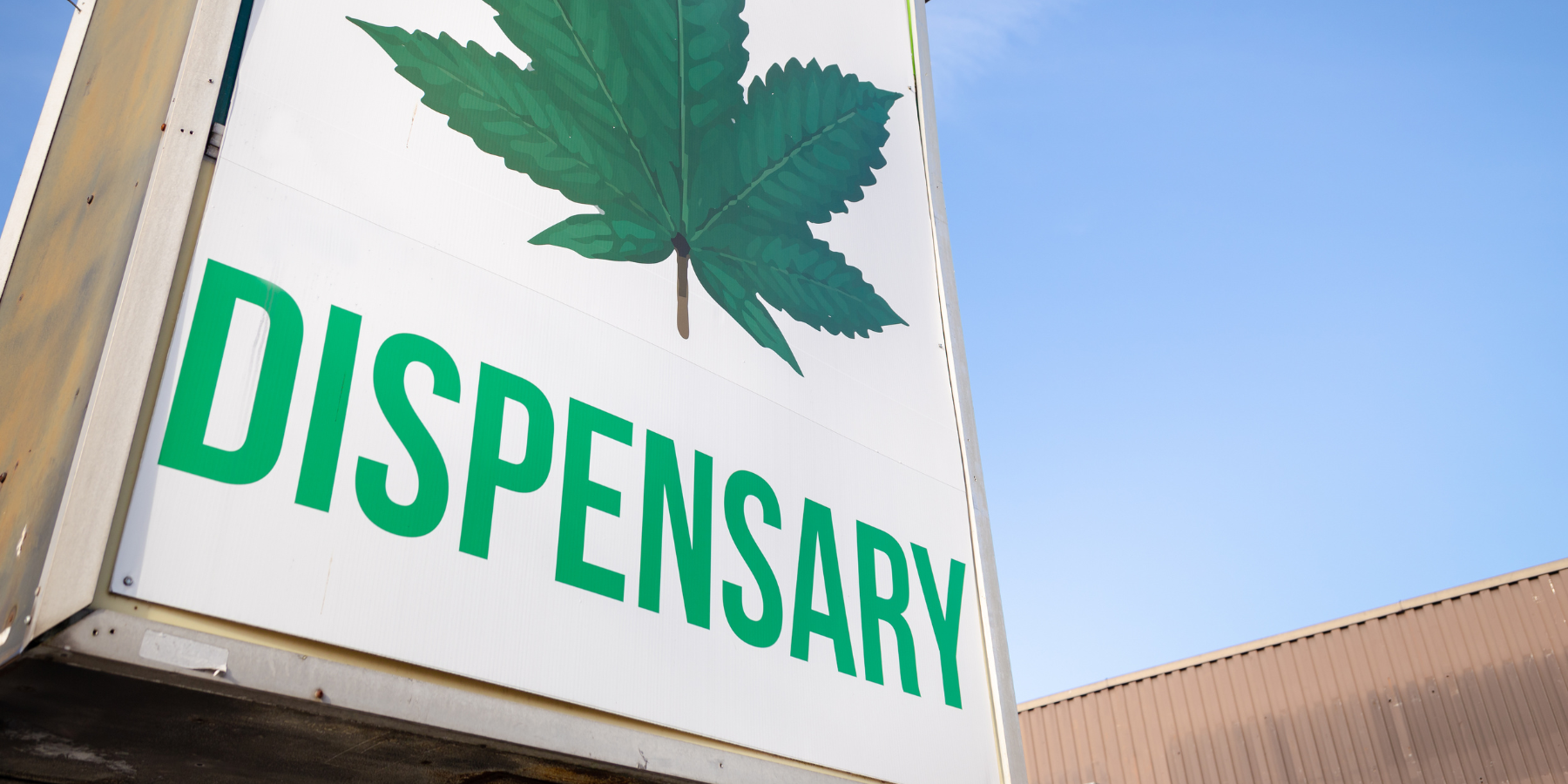When recreational cannabis became legal in New York State in March 2021, state officials saw it as a chance to right historic wrongs. In the past, minorities had been arrested at rates up to 15 times higher than non-Latino whites for cannabis offenses. To help those who had been treated the most unfairly by the War on Drugs, legislators created an equity program to benefit individuals and communities that had been disproportionately affected. Under the plan, priority for sought-after recreational cannabis licenses would be given to minorities and women who had previously been convicted or had a close family member convicted of a cannabis-related offense. A public-private partnership was supposed to create a $200 million fund to provide loans to help the first 150 licensees lease and renovate their storefronts.
Though the equity program started with enthusiasm and optimism, the execution of the plan soon ran into problems, including legal challenges. Several lawsuits claimed the licensing process violated the federal Constitution’s Commerce and Equal Protection Clauses by discriminating against out-of-state residents and white men. Others challenged aspects of the licensing process that included the use of public funds and applicant lotteries. Meanwhile, internal problems slowed the approval of licenses down to a crawl, and illegal dispensaries vastly outnumbered legal ones.
Illegal Dispensaries Vastly Outnumber Legal Ones
The first dispensary owned by someone who qualified under the equity plan didn’t open until February 2023, almost two years after recreational cannabis was legalized. By September of that year, there were still only 23 legal dispensaries. Though the pace started to pick up in early 2024, as of March, there were only about 85 legal cannabis stores and an estimated thousands of illegal ones.
The illegal shops have a competitive advantage. They don’t have the start-up costs of the legal vendors, which can run over $1 million. They don’t pay state taxes on their sales, so they can undercut the legal stores on price. They buy their product from California and other states, while the legal shops must buy only from New York State growers. Many illegal shops got a head start, opening a year or two before the legal ones, giving them a toehold in the market and making them more established in their neighborhoods. Consumers often have no idea that the shops – both stand-alone stores and bodegas providing a small amount of shelf space for the products – are not licensed to sell cannabis.
So far, enforcement attempts don’t seem to have made much, if any, of a dent in the number of illegal shops. As of February 2024, illegal shops have been hit with more than $25 million in fines, but almost none of those have been paid.
Equity Fund Benefits Private Investor
Part of the state’s vision was to create a public-private partnership to create the New York State Cannabis Social Equity Investment Fund that would finance the construction of shops using state contractors. These ready-to-use stores were to be subleased to equity license holders, who would pay back the costs to the fund with low-interest 10-year loans. It didn’t work out that way.
The state was not able to attract a private funder until June 2023. It wasn’t easy to find a private investor for what is a risky business. Cannabis is still illegal under federal law, which increases costs for dispensary owners. According to an investigation by the news site THE CITY, the agreement that the state eventually made with private equity firm Chicago Atlantic was a bad deal for the state. The equity firm benefits the most, while the state takes on all the risk. Instead of investing in the fund, Chicago Atlantic is lending the fund money at a high interest rate, and the state must guarantee repayments if license holders default on their loans.
The fund was originally intended to benefit dispensary license holders who would have trouble obtaining enough capital to open a store on their own. Instead, the license holders are under pressure, facing high loan repayments. The state’s plans to provide the first 150 equity license holders with ready-to-open storefronts also did not work out as expected. The state wasn’t able to find and build out enough sites, and rents for the stores they did build were high. Licensees also complained about the lack of transparency in their loan terms.
The Slow Rollout of Licenses
The rollout of cannabis licenses has been agonizingly slow. Even Governor Hochul called it a “disaster.” In 2023, the Office of Cannabis Management received 7,000 applications for licenses and awarded only 109 in the first few months of 2024. Causes of the delays include court-ordered temporary halts on issuing new licenses stemming from the lawsuits brought against the state, the state’s failure to meet its funding and store-building promises to the first 150 license holders, and the cumbersome rule-making process. To add to the OCM’s problems, one of its top-level officers was placed on leave and is under investigation after allegations he had retaliated against a processor who had recorded a conversation with him that was used in a newspaper article criticizing the OCM. More recently, Chris Alexander, the Executive Director of the State’s Office of Cannabis Management was asked by the Governor to step down amid a rash of complaints about widespread problems.
Can New York State Get Its Cannabis Program Back on Track?
Hochul has ordered a review of the state’s licensing program to find a way to issue licenses more quickly and get more legal cannabis stores opened. Will that work? We’ll look at the state’s attempts to fix the problems in the next article in this series.
If you need help on any New York cannabis issues, reach out to us at Kavinoky Cook.
